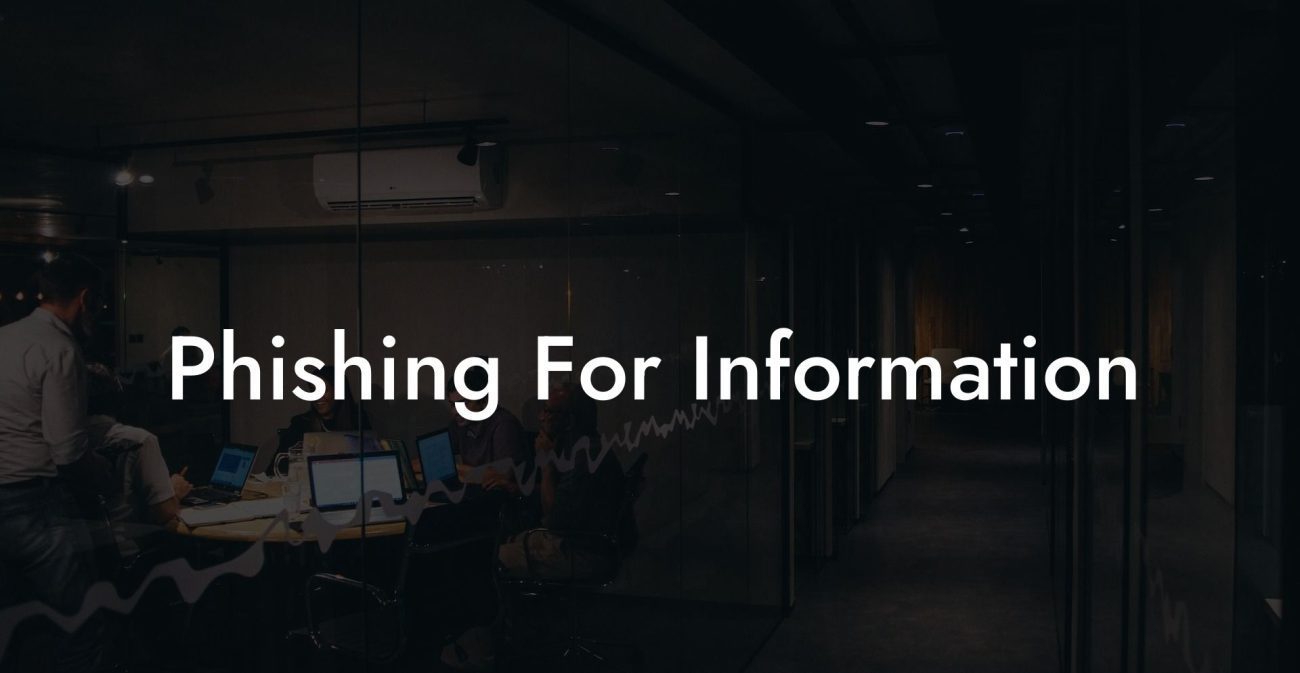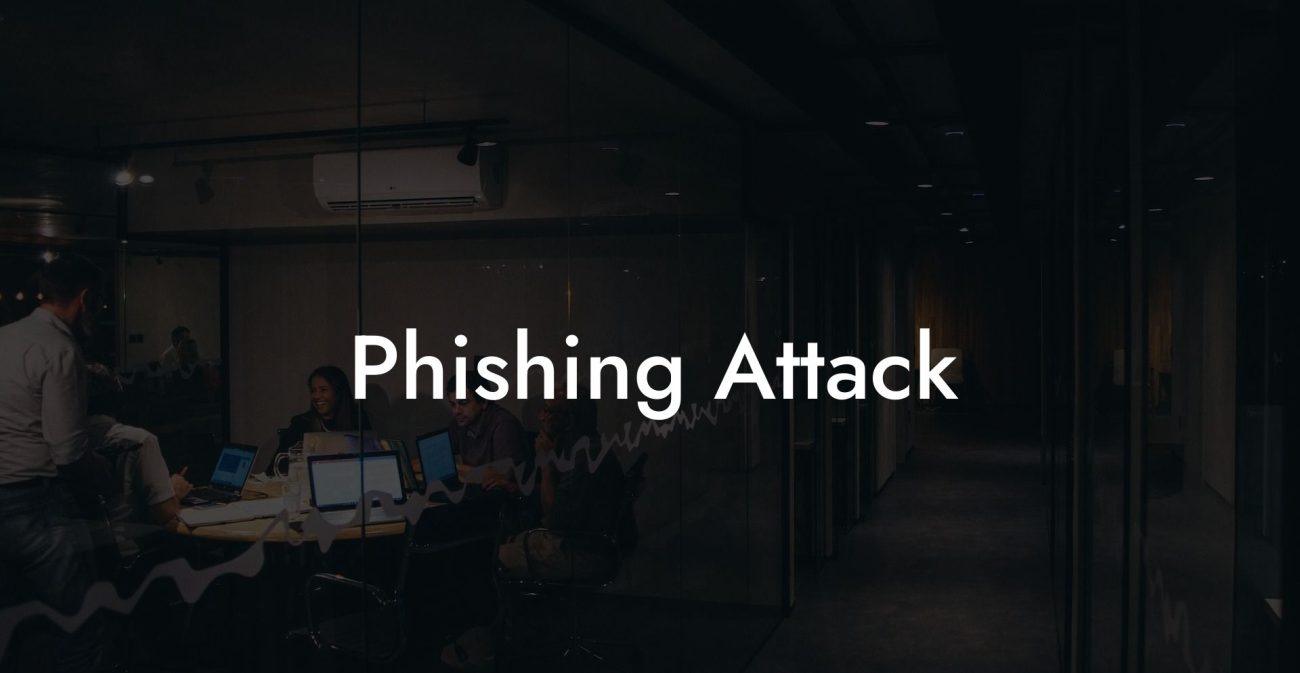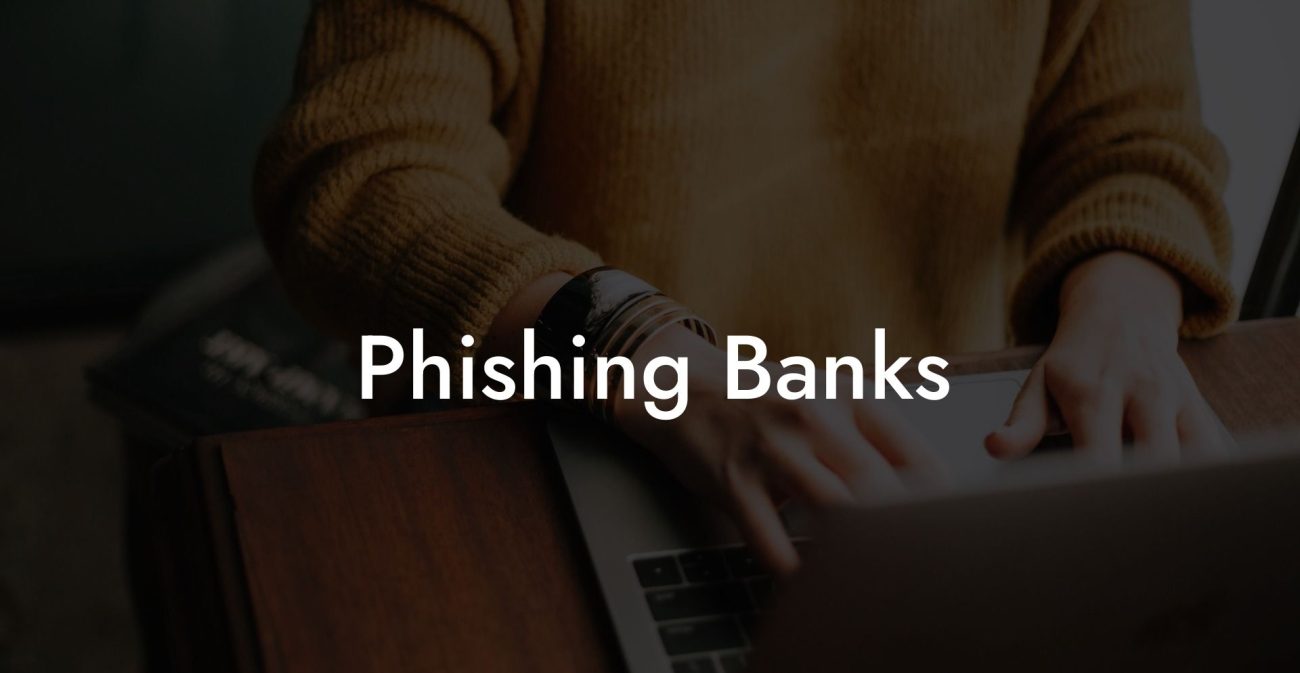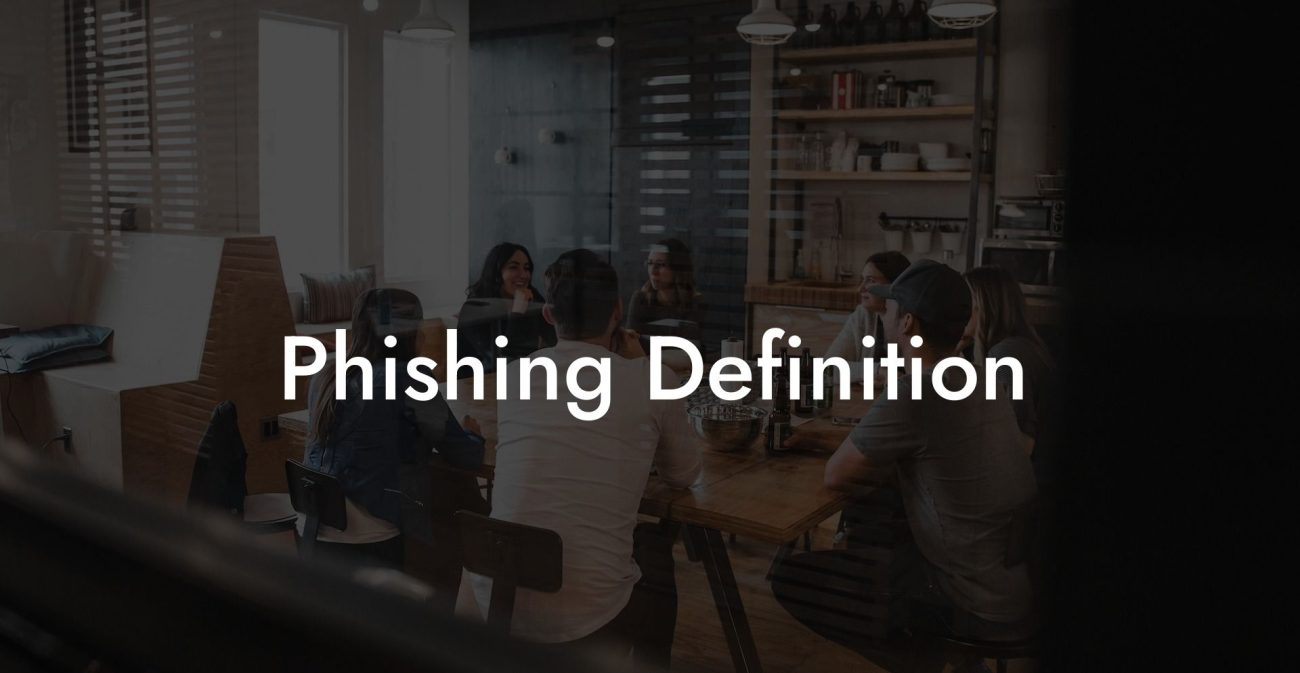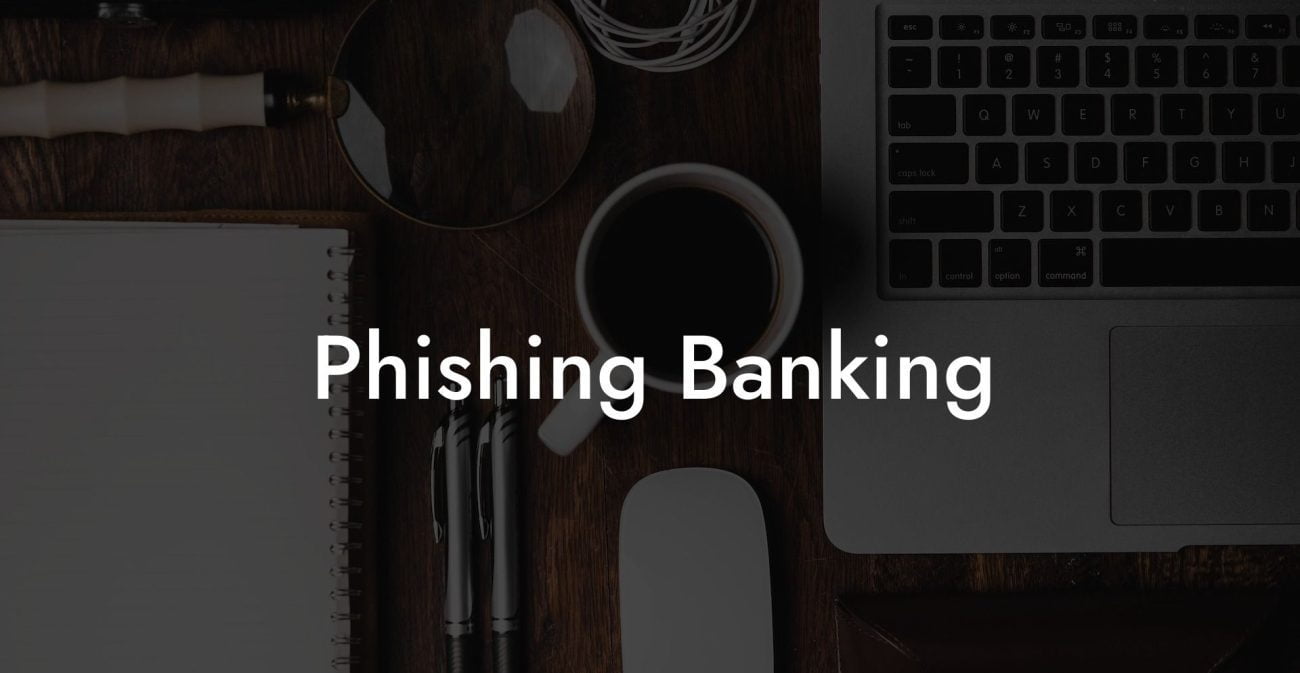The rapid advancement of technology has simplified communication and eased our lives, but it has also given rise to new methods of cybercrime. One of these methods is voice phishing, or "vishing." This deceptive and nefarious form of cyber attack plays on human emotion and trust, targeting individuals over the phone to trick them into sharing their personal and financial information. In this comprehensive guide, we will explore the intricacies of voice phishing, its techniques, and the measures you can take to safeguard yourself and your information.
What is voice phishing?
Voice phishing, or "vishing," is a form of social engineering attack that uses telephone communication to deceive individuals into divulging personal, financial, or confidential data. Cybercriminals often pose as bank representatives, government officials, or other trustworthy entities to gain the victims' trust and persuade them to reveal their sensitive information. This information can then be used for malicious purposes, such as identity theft or unauthorized financial transactions.
Methods of voice phishing
Protect Your Data Today With a Secure Password Manager. Our Top Password Managers:
There are different techniques that attackers employ to execute a voice phishing scam. Below are some common methods:
1. Caller ID spoofing
Cybercriminals can manipulate the caller ID to make it appear as though the call is coming from a legitimate institution, luring the recipient into a false sense of security.
2. Pretexting
Attackers create a fictional scenario or emergency situation to instigate an emotional response, causing the victim to hastily share their information.
3. Automated messages
Scammers use robocalls with automated voice messages, urging the recipient to follow specific instructions or visit a fraudulent website to update their information.
4. Follow-up emails
In some cases, vishers might combine their phone scam with a follow-up phishing email that appears to support the authenticity of their claims.
Phishing How Example
Imagine receiving a phone call from your bank, informing you of suspicious activity on your account. The caller ID matches the official number listed on your bank's website, and the representative sounds friendly and concerned. He requests verification of your account details to address the situation and prevent potential fraud. Little do you know, the friendly caller is a voice phishing attacker, and by providing your account details, you've given him access to your personal finances.
As technology continues to evolve, so do the methods employed by cybercriminals. Voice phishing attacks can be highly effective, exploiting trust, urgency, and fear in their victims. However, by understanding the risks and being vigilant, you can protect your valuable information from falling into the wrong hands.
Remember to always validate the identity of the caller and be cautious when sharing personal information over the phone. Never succumb to pressure or urgency without confirming the legitimacy of the call. If you ever doubt the authenticity of a call, hang up and contact the organization on a verified number.
To keep yourself educated and prepared for the ever-evolving world of cybercrime, share this article with your friends and loved ones, and do explore further guides on Voice Phishing. With awareness and caution, you can avoid becoming a victim and navigate the cyber world safely and securely.
Protect Your Data Today With a Secure Password Manager. Our Top Password Managers:






